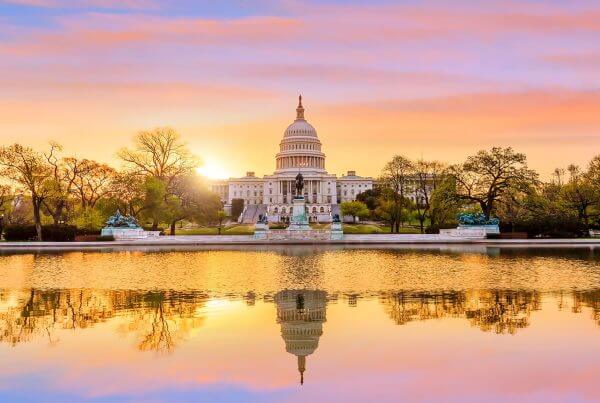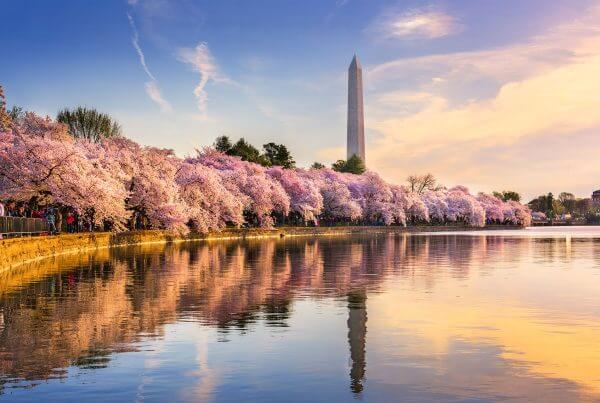Key Points
- Effective Date: The new rule takes effect on January 17, 2025.
- H-1B Program Updates:
- Specialty Occupation Clarification: Clarifies requirements for qualifying positions and degree fields.
- Portability: Workers can start new employment upon filing, not approval.
- Grace Periods: Up to 60 days for job changes, status maintenance, or departures.
- Bona Fide Employment: Petitioners must prove their positions are genuine as of the start date.
- F-1 Program Flexibility:
- Automatic extension of F-1 status and employment authorization until April 1 of the fiscal year when transitioning to H-1B.
- Program Integrity Enhancements:
- Site Visits: Non-cooperation may lead to petition denial or revocation.
- Beneficiary-Owners: Limits initial and first extensions to 18 months for H-1B petitions involving owners with a controlling interest.
- Elimination of Itinerary Requirements: Simplifies filing for H-1 and related visas.
Overview
The US Department of Homeland Security (DHS) has issued a final rule, effective January 17, 2025, that modernizes the H-1B visa program, provides flexibility for F-1 students, and strengthens oversight measures for nonimmigrant worker programs. This initiative reflects DHS’s commitment to enhancing efficiency, improving program integrity, and reducing administrative burdens for employers and workers.
H-1B Program Modernization
- Clarifying Specialty Occupation Requirements:
- The definition of “specialty occupation” has been revised to clarify that qualifying degree fields must be directly related to the job duties.
- USCIS will consider a range of degree fields that logically connect to the role, addressing concerns about outdated or overly narrow definitions.
- Worker Flexibilities:
- Grace Period Extensions: Workers receive up to 60 days to change employment or prepare for departure after petition revocation or cessation of employment.
- Portability Provision: H-1B workers can start new employment with a new employer upon filing a valid petition, eliminating delays caused by waiting for approval.
- Bona Fide Positions: Employers must demonstrate that a legitimate, specialty occupation position exists as of the petition’s start date.
- Beneficiary-Owners:
- H-1B petitions for individuals with a controlling interest (over 50% ownership) in the petitioning entity will be limited to 18 months for the initial filing and first extension.
F-1 Program Enhancements
To prevent disruptions for students transitioning to H-1B status, DHS now allows for the automatic extension of F-1 status and related employment authorization until April 1 of the fiscal year. This change ensures that students awaiting H-1B approval maintain lawful status and employment eligibility.
Program Integrity Measures
DHS has introduced provisions to ensure the integrity of the H-1B program:
- Site Visits: Employers must comply with USCIS site visits or risk petition denial or revocation.
- Contract Requirements: Employers may need to provide contracts or evidence proving the bona fide nature of the position.
- Third-Party Staffing Rules: If an H-1B worker is placed at a third-party site, the position must meet specialty occupation requirements based on the third party’s criteria.
Additionally, DHS has eliminated itinerary requirements, simplifying H-1 and related visa filings.
Looking Ahead
The DHS’s final rule introduces a range of updates that modernize the H-1B program and streamline transitions for F-1 students. These updates offer greater flexibility and reduce compliance challenges for employers and beneficiaries.
Employers should take note of the new specialty occupation clarifications, worker grace periods, and beneficiary-owner limitations to remain compliant when filing petitions. F-1 students transitioning to H-1B status can now benefit from uninterrupted status extensions, ensuring smoother employment continuity.
With enhanced integrity measures like site visits and documentation requirements, employers must also prioritize transparency and cooperation during compliance reviews. Under the updated framework, stakeholders are encouraged to prepare for these changes in advance to ensure seamless transitions.
The final rule balances worker flexibility with program oversight, ensuring that the H-1B program remains efficient, fair, and aligned with the evolving needs of US employers and the global workforce.
Source: Federal Register






